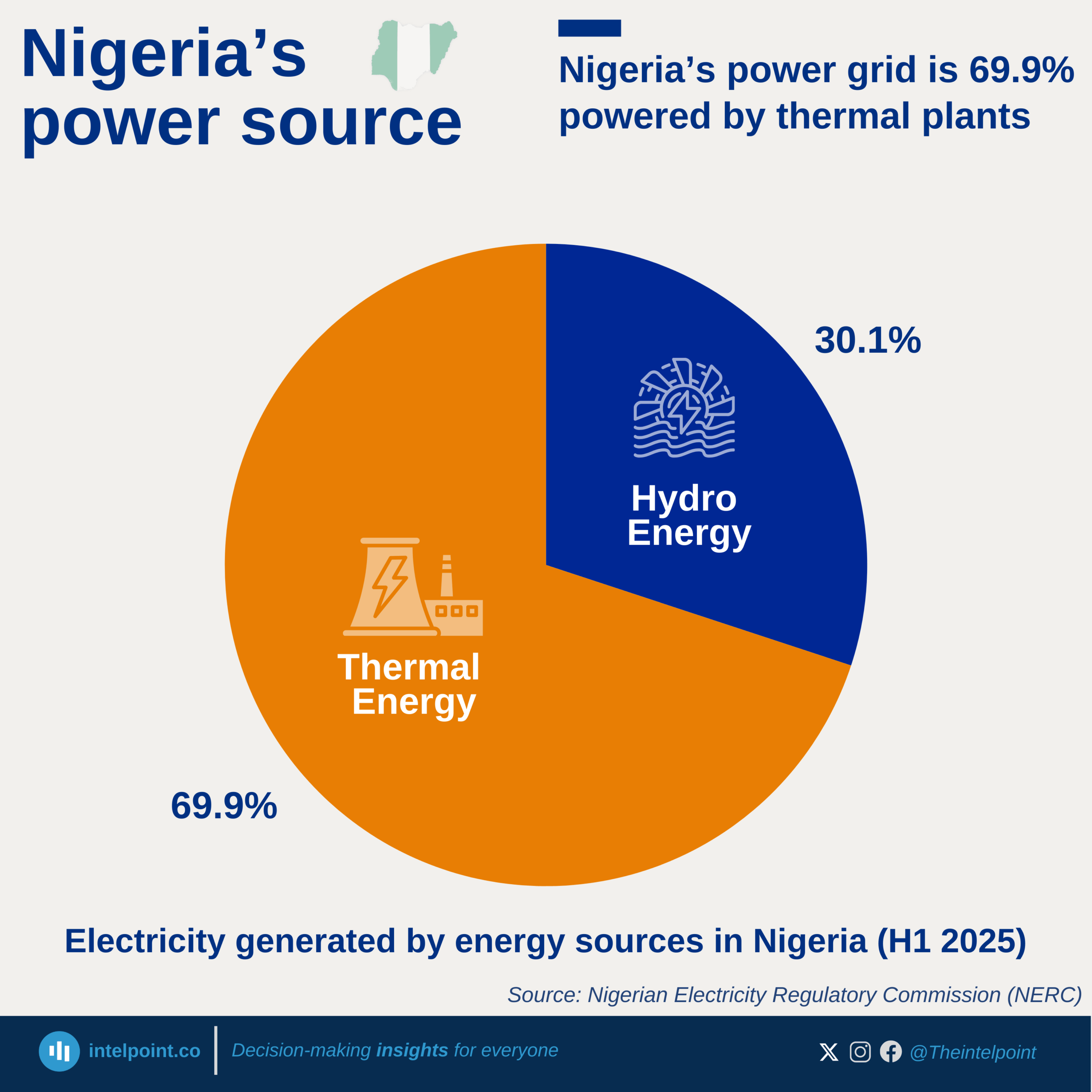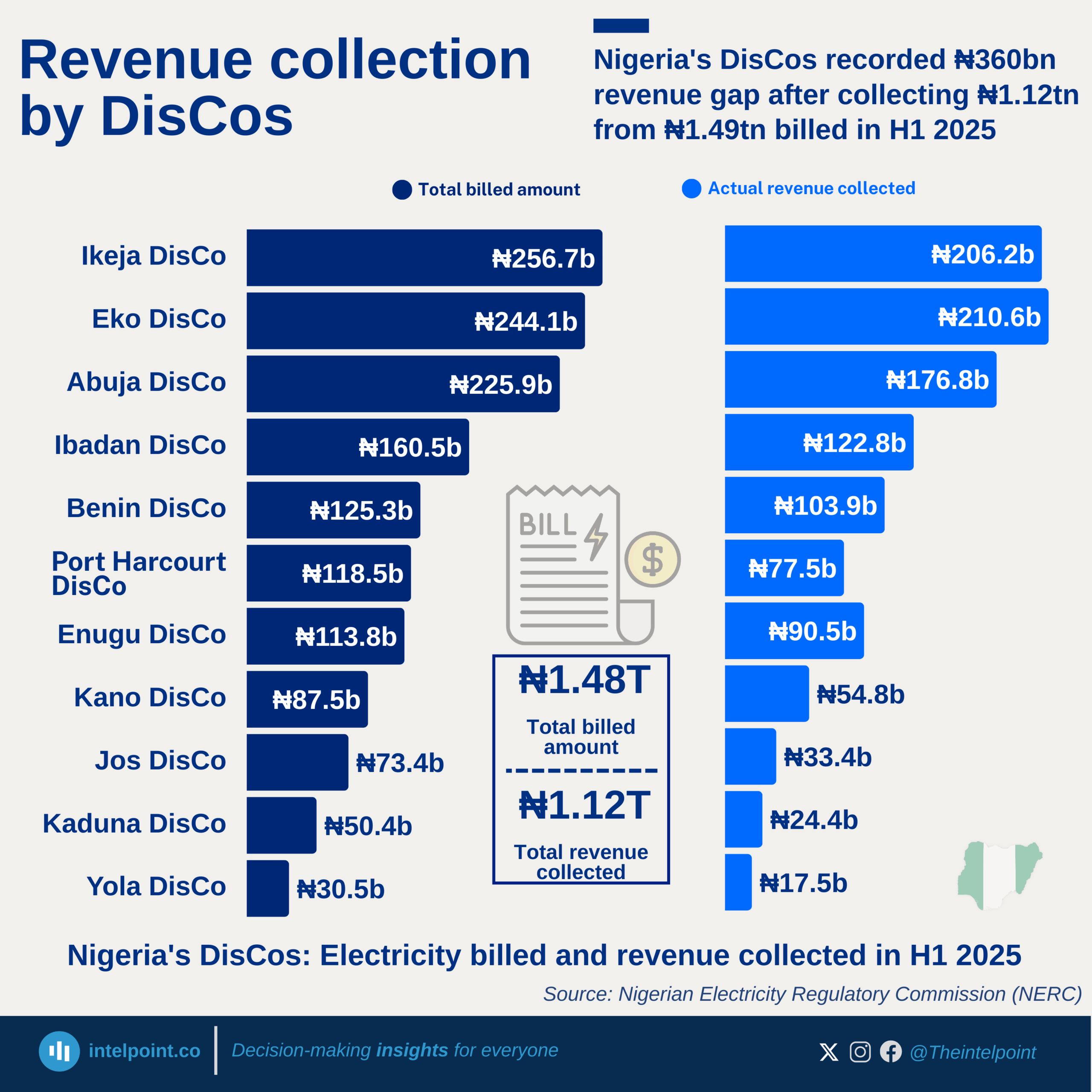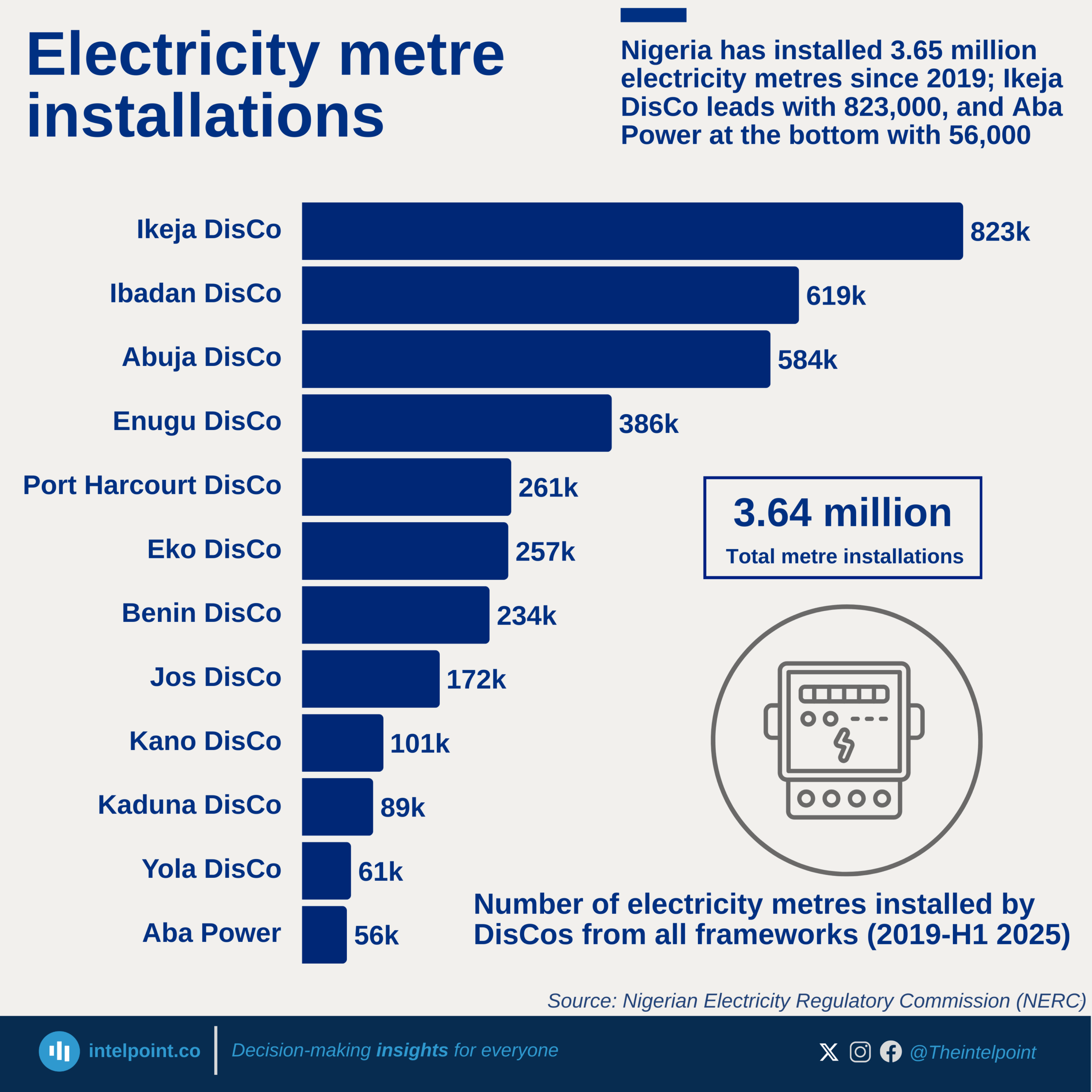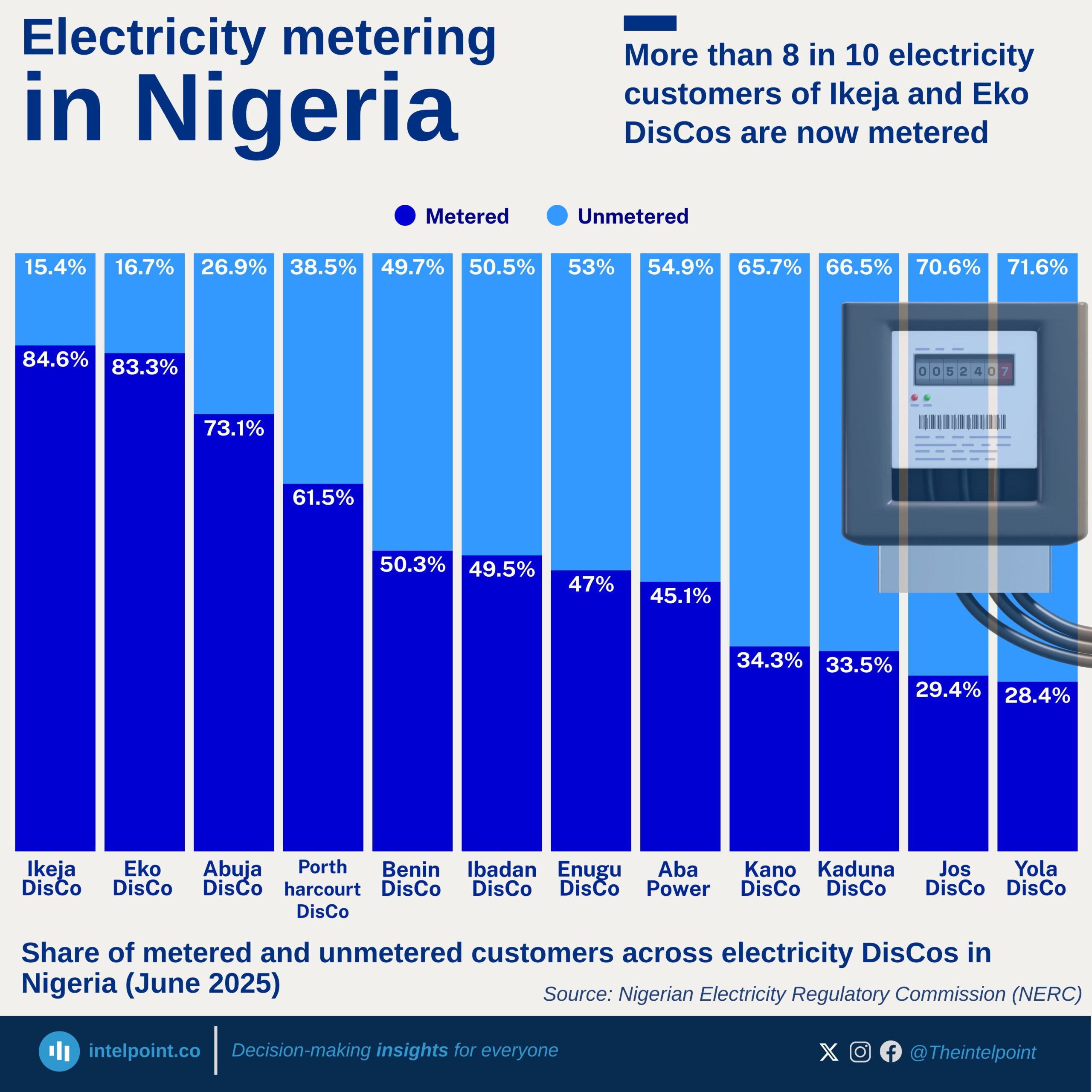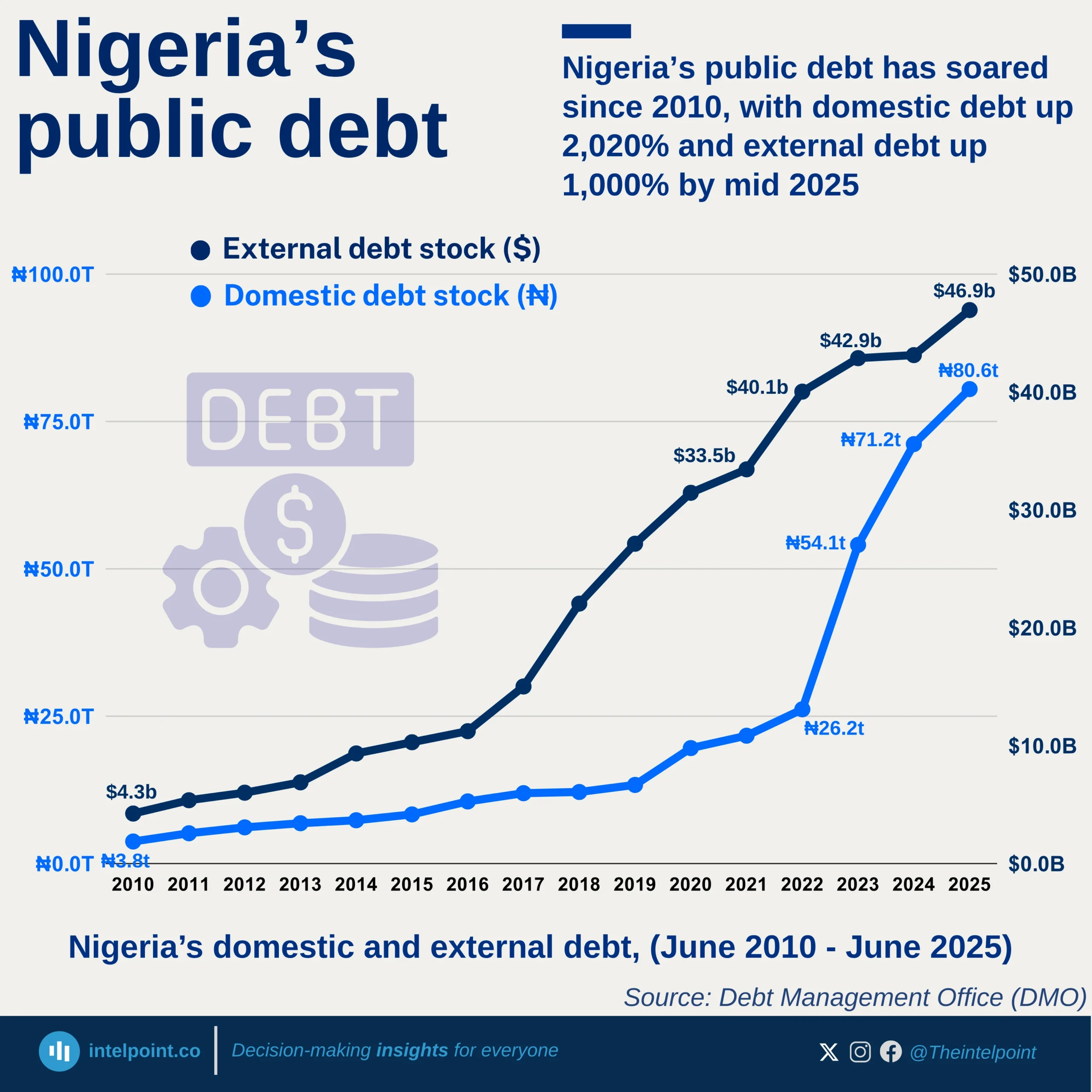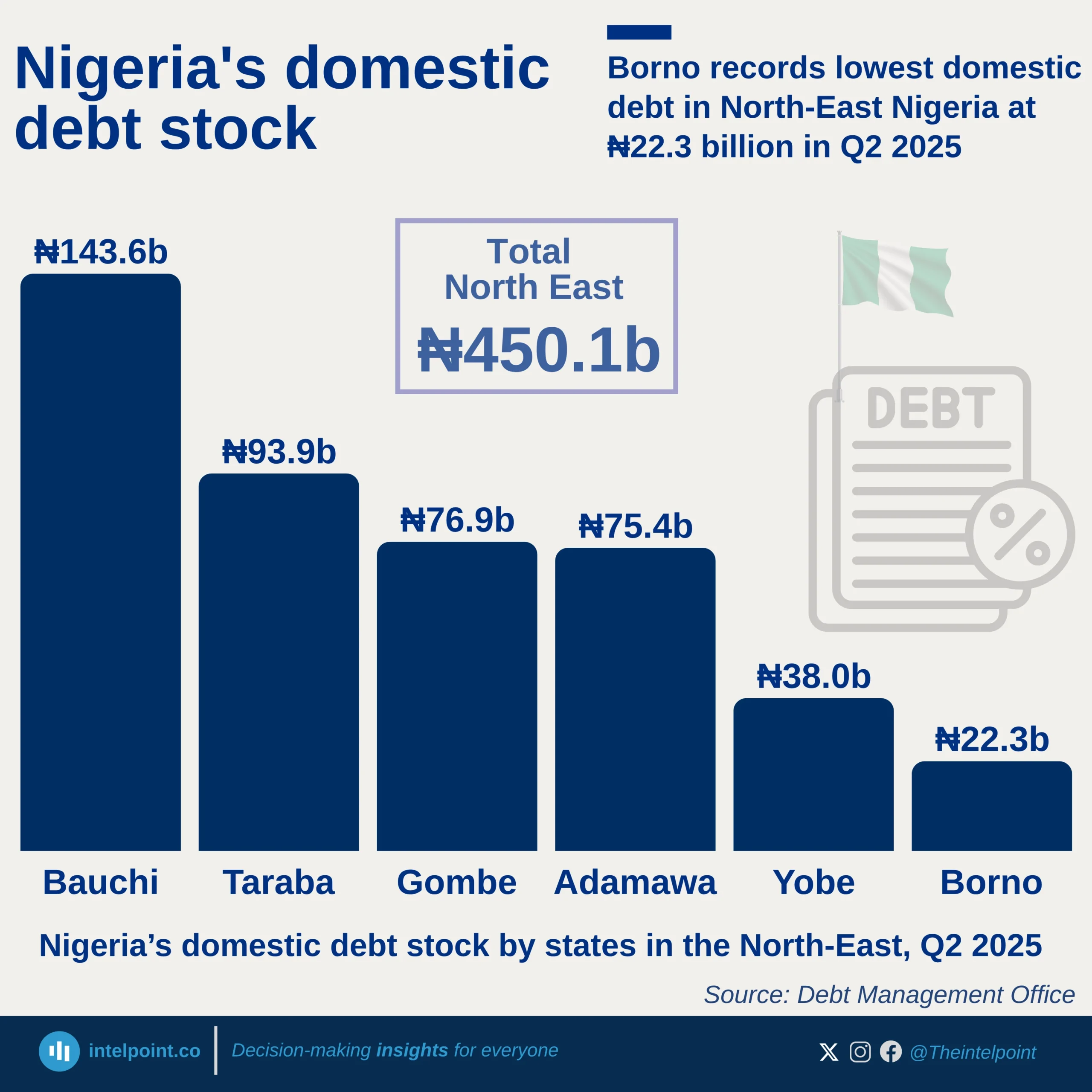Key Takeaways:
Nigeria’s oil and gas sector posted an impressive ₦730.7 billion in combined profit after tax (PAT) in 2024, underlining a strong recovery and operational resilience. Aradel Holdings led the sector with a staggering 361% year-on-year PAT growth, reaching ₦247.79 billion. Oando and Seplat Energy followed closely, reporting ₦220.12 billion and ₦214.25 billion, respectively. Together, the three companies accounted for 93.4% of total sector profits.
TotalEnergies delivered a solid ₦27.5 billion, reflecting a 113% increase from the previous year. Conoil and MRS Oil also posted positive growth of 15% and 60%, respectively. Meanwhile, Japaul Gold and Eterna Plc made notable gains, with 164% and 114% PAT growth, despite reporting relatively modest figures of ₦1.83 billion and ₦1.35 billion.
